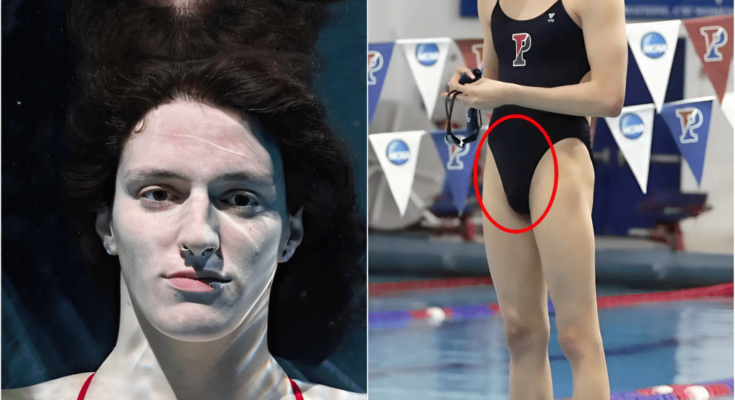Trailblazing transgender swimmer Lia Thomas has been officially barred from competing in the 2025 Olympic Games after her legal challenge against World Aquatics’ gender policy was rejected by the Court of Arbitration for Sport (CAS). The ruling has reignited the debate on transgender athlete inclusion in competitive sports and carries significant implications for Thomas’ aspirations.

In 2022, Thomas made history as the first transgender woman to win an NCAA swimming championship, drawing national attention and sparking discussions about gender identity in sports. However, her path to Olympic competition has faced considerable hurdles. In its recent decision, CAS upheld World Aquatics’ policy, which prevents transgender women who have undergone male puberty from competing in women’s events. The court determined that Thomas lacked the legal standing to challenge the policy, effectively excluding her from Olympic trials.
World Aquatics introduced its gender policy in June 2022, stipulating that only athletes who transitioned before puberty are eligible to compete in female categories. Since Thomas began her transition after experiencing male puberty, she does not meet these criteria. The organization also established an “open” category for transgender athletes, though participation in this category has been limited.

The announcement of Thomas’ exclusion elicited strong reactions from various groups. Transgender rights advocates criticized the decision, viewing it as discriminatory and a barrier to athletic opportunities for transgender women. In a statement following the ruling, Thomas expressed frustration, stating, “Blanket bans preventing transgender women from competing are discriminatory and deny us valuable athletic opportunities that are core to our identities.” She encouraged other transgender athletes to continue advocating for their rights.
Conversely, critics of Thomas’ participation in women’s sports praised the decision as a victory for fairness in competition. Former swimmer Riley Gaines, a vocal opponent of Thomas’ eligibility, described the ruling as a triumph for women and girls in sports.

Thomas’ case is part of a broader trend in which governing bodies across multiple sports have introduced stricter regulations regarding transgender athlete participation. Recent rulings in track and field and cycling have also placed limitations on transgender women competing in women’s events. The ongoing debate raises crucial questions about inclusion, fairness, and the future of competitive sports as society continues to navigate the complexities of gender identity.
Conclusion
Lia Thomas’ exclusion from the 2025 Olympics marks a significant moment in the discussion surrounding transgender athletes in sports. As she navigates this setback, the broader impact of such policies will continue to shape discussions and regulations within the global sporting community. The debate over inclusion and fairness remains ongoing, and its resolution will influence the landscape of competitive sports in the years ahead.



